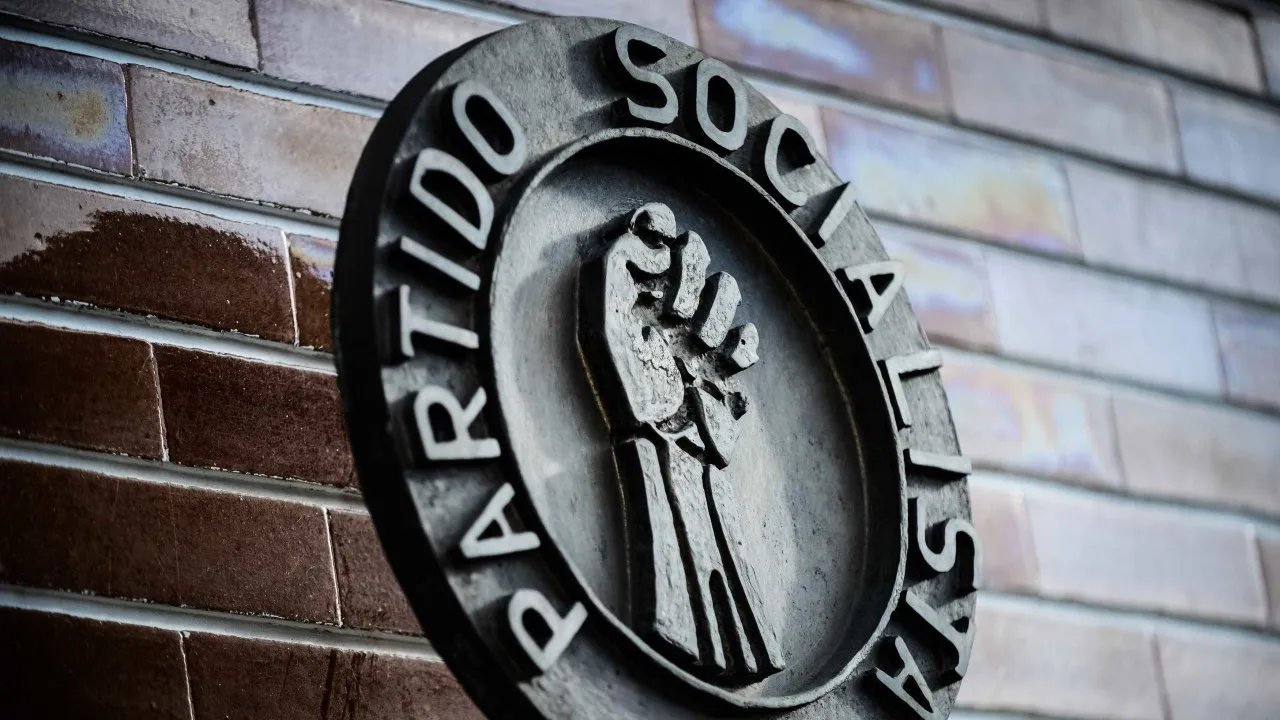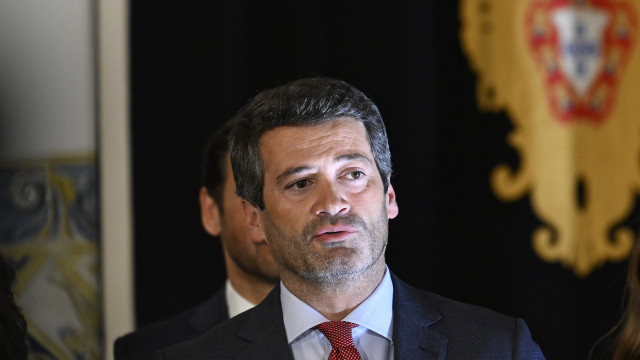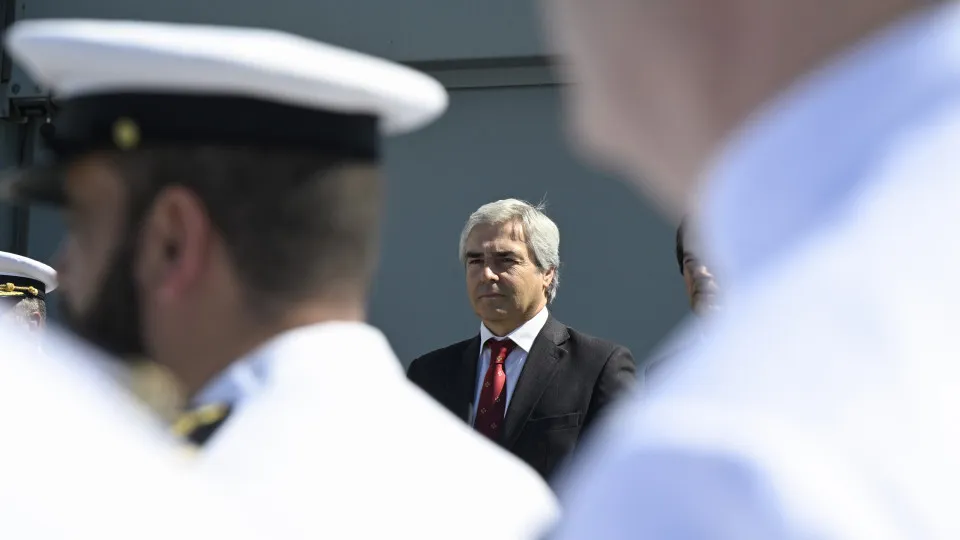
When the country headed to the polls for the last local elections in 2021, the situation for the Socialist Party (PS) was considerably different. Then led by António Costa, the party was in government, winning the elections by securing 149 municipalities (one of them in coalition with Livre), 1285 parish presidencies, and 163 municipal assembly leaderships.
Four years later, PS is now under the leadership of José Luís Carneiro, who succeeded Pedro Nuno Santos after a heavy defeat in the early legislative elections in May. The party is now out of the governmental executive and has fallen to the third position in parliament, making these local elections a challenge for the party.
“Our goal is for people to continue seeing PS as the main municipal party in Portugal, which has the best projects to meet the needs of the territories and populations and has the best protagonists to develop this strategy,” noted André Rijo, the municipal coordinator, in statements to the Lusa agency.
The PS aims to continue leading the National Association of Portuguese Municipalities (ANMP) and the National Association of Parishes (ANAFRE), but faces the challenge of having 47 mayors subject to term limits, including the mayors of Sintra, Valongo, Torres Novas, and Guimarães.
According to the municipal coordinator, the PS still needs to resolve candidate presentation in two municipalities. Efforts are being made to present their own candidacy, but in the rest of the country, the map is already closed.
The PS will lead 13 coalitions, support nine citizen movements, and present its own lists in the remaining municipalities, with the sole exception being Vizela.
In Vizela, by decision of the local militant plenary, the socialists will neither present themselves nor support anyone in these elections after the national PS decided to withdraw support from the incumbent mayor, Victor Hugo Salgado, following an alleged domestic violence case.
Currently, despite being the main municipal party, the PS holds the presidency in only four district capitals: Leiria, Viana do Castelo, Vila Real, and Beja, while lacking leadership in cities like Lisbon and Porto.
The party thus assumes “another layer of objectives,” which includes winning some district capitals, with André Rijo highlighting the “strong bets” made by the party with “people who have left ministries and have already proven their political capability.”
Among these strategic candidates are Alexandra Leitão for Lisbon, Manuel Pizarro for Porto, Ana Mendes Godinho for Sintra, Ana Abrunhosa for Coimbra, and Carlos Zorrinho for Évora.
The PS municipal coordinator reflected that the party’s decision, during Pedro Nuno Santos’ leadership, to prevent municipal candidates from appearing on the early legislative lists “honors the way the PS approached these elections.”
André Rijo argued that this shows the “municipal commitment of wanting full-time candidacies in the territories,” distinguishing PS from parties like PSD and Chega.
The 13 coalitions led by PS are in Lisbon, Braga, Sintra, Coimbra, Oeiras, Felgueiras, Póvoa de Varzim, Trofa, Albufeira, Ponta Delgada, Celorico de Basto, Seixal, and Fronteira.
The National Political Commission resolved that in these coalitions, PS must lead and they must not involve parties from the parliamentary right, being “negotiated from the bottom up and not from the top down.”
For supporting citizen movements, the socialists chose to do so in nine municipalities: Aguiar da Beira, Pinhel, Batalha, Caldas da Rainha, Santiago do Cacém, Boticas, Armamar, Ribeira Brava, and São Vicente.




